Former Soviet president Mikhail Gorbachev, who brought down the Iron Curtain, bringing an end to the Cold War in a peaceful way, has died aged 91 after a prolonged illness, according to the Russian state and independent media. Gorbachev was undergoing treatment for a long time and died in Moscow on Tuesday. However, no further detail about his death was shared.
Gorbachev will be remembered for changing the course of history by opening up the then-USSR to the world and introducing a set of reforms in the country. However, despite his efforts, he failed to prevent the collapse of the Soviet Union, from which modern Russia emerged.
End of an Era
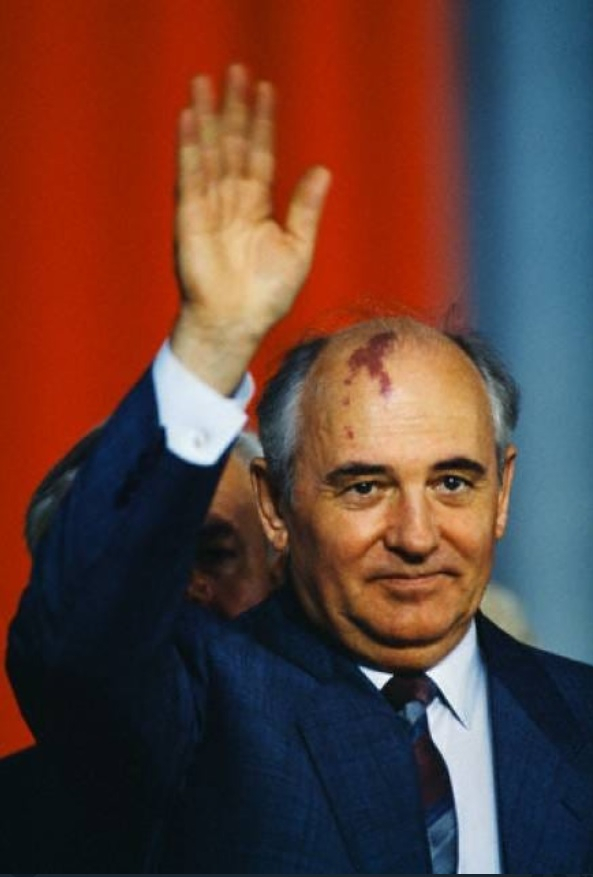
According to the Interfax, TASS, and RIA Novosti news agencies, the Central Clinical Hospital in Moscow stated that the former Soviet leader died "after a serious and long illness," but provided no other information. He was reportedly undergoing treatment for a long time.
His health had been declining and he had been in and out of the hospital in recent years. Gorbachev was confined to a clinic during the Covid epidemic because of long-term kidney issues for which he was on dialysis.
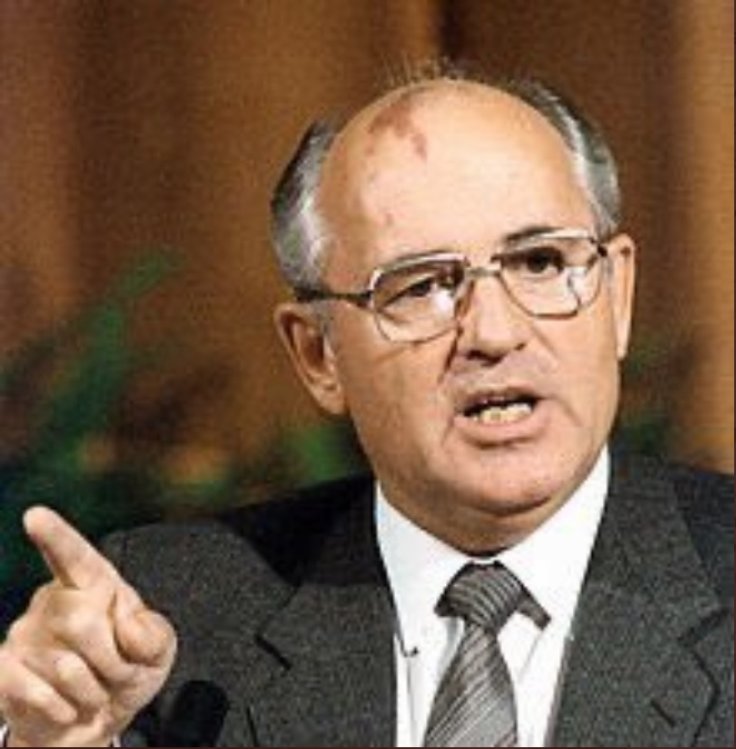
According to Reuters, Russian President Vladimir Putin has offered his sincere condolences in the wake of Gorbachev's death, according to his spokesperson Dmitry Peskov. In a statement, Putin has previously referred to the fall of the USSR as the "greatest geopolitical catastrophe" of the 20th century.
European Union President Ursula von der Leyen praised him as a "trusted and respected leader" who "opened the way for a free Europe". "This legacy is one we will not forget," she added.
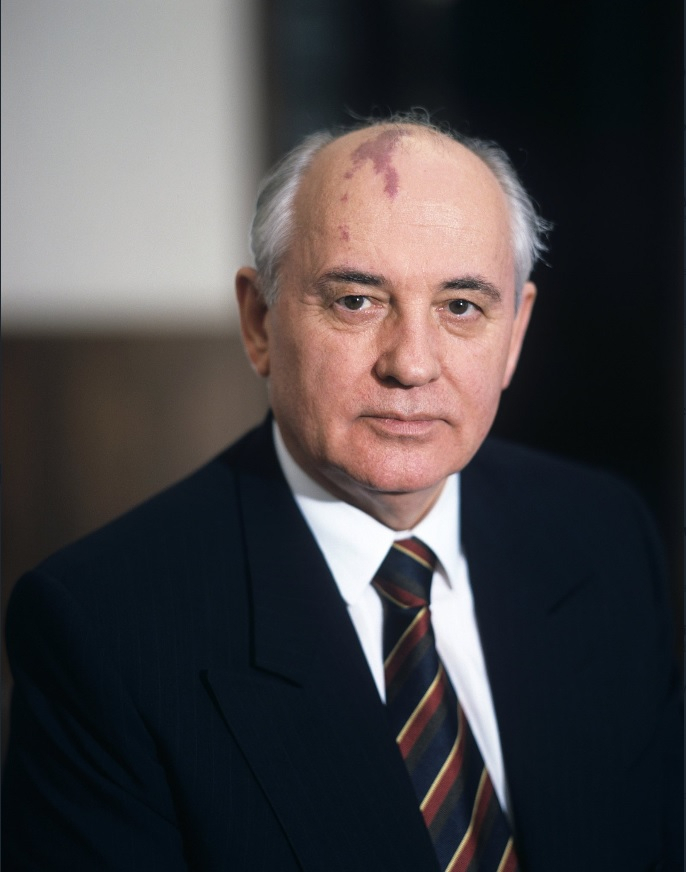
Gorbachev was the last leader of the Union of Soviet Socialist Republics, the communist state that was formed in 1922 and controlled most of Eurasia. His seven-year term as Soviet leader came to an embarrassing and chaotic end, but it also produced incredible reforms that led to the end of the Cold War in the early 1990s.
Modern-Era Reformer
Gorbachev's introduction of limited economic and political freedoms after assuming power in 1985, notably his "glasnost" policy of free speech, ultimately contributed to the fall of the USSR.
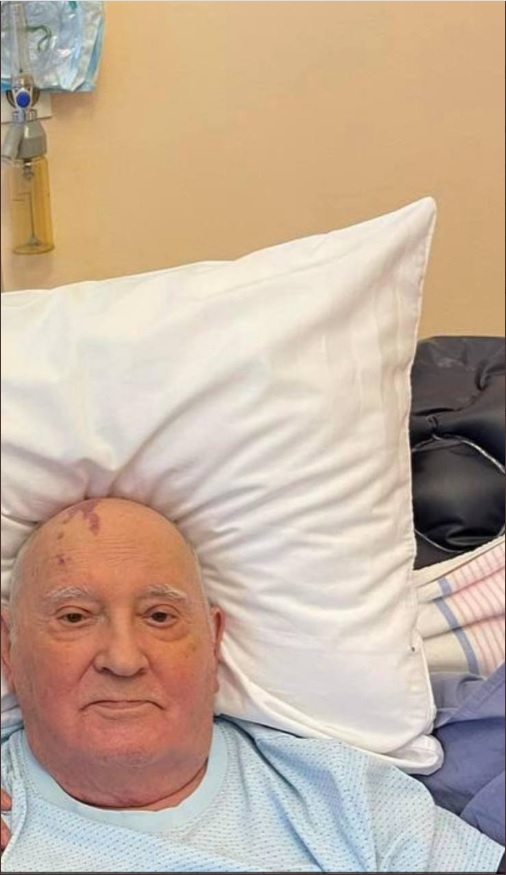
He was only 54, the youngest member of the Politburo at the time, at the age of 54, and was seen as a breath of fresh air following several aging leaders. Konstantin Chernenko, who had been in office for less than a year, had passed away at the age of 73.
He refrained from using force to put an end to pro-democracy demonstrations in the countries of the Soviet bloc in Eastern Europe two years before the fall of the Soviet Union. After the demonstrations, 15 republics demanded independence from the USSR.
Internationally, he signed arms control agreements with the United States and refrained from getting involved when countries in eastern Europe revolted against their Communist leaders.
He is regarded in the West as an architect of reform who helped pave the way for the Cold War's end in 1991, when there were massive tensions between the Soviet Union and Western countries including the United States and the UK.
He was awarded the Nobel Peace Prize in 1990 "for the leading role he played in the radical changes in East-West relations".
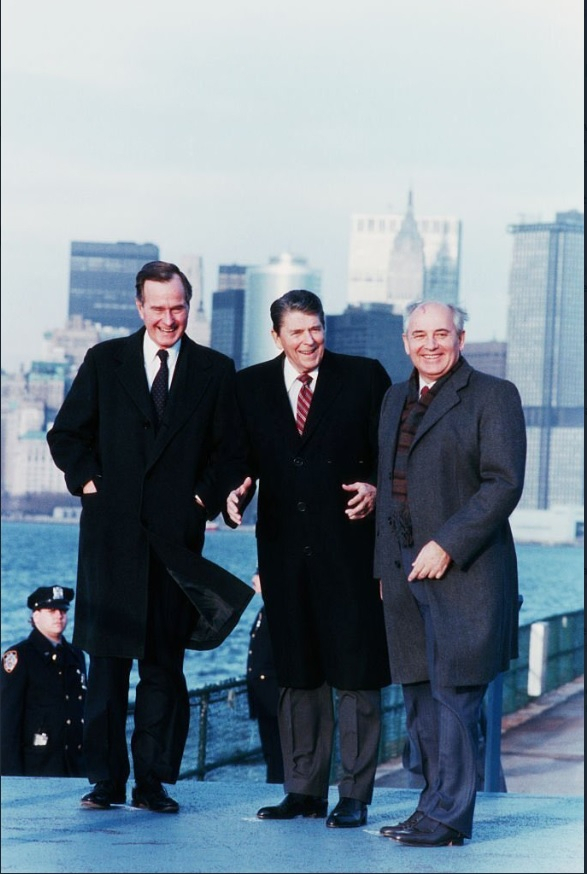
His final hold of power was effectively taken away in an August 1991 coup, after which he watched from the sidelines as Soviet republics announced their independence. However, by the time Gorbachev resigned as the president on Christmas Day 1991, the largest country in the world had already started to fall apart as a result of worsening economic crisis and separatist movements.
Gorbachev's departure put an end to decades of East-West nuclear conflicts but left the autocratic former Soviet regime in shambles. Gorbachev negotiated armaments reduction agreements with the US and other Western allies that led to the unification of Germany.

The collapse in their living standards that followed Gorbachev's reforms was seen by the Russians as too great a price to pay for democracy, even if the West rejoiced at the fall of Stalin's Soviet Union.
Gorbachev has been on the fringes of politics in post-1991 Russia, concentrating more on charitable and educational projects. In a failed attempt to get back into politics, Gorbachev ran for president in 1996 but only received 0.5% of the vote.

He will be buried alongside his wife Raisa, who passed away from leukemia in 1999, in Moscow's Novodevichy cemetery, which is home to many prominent Russians, according to the Tass news agency.








